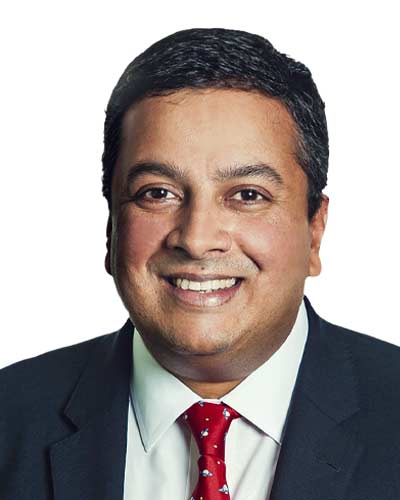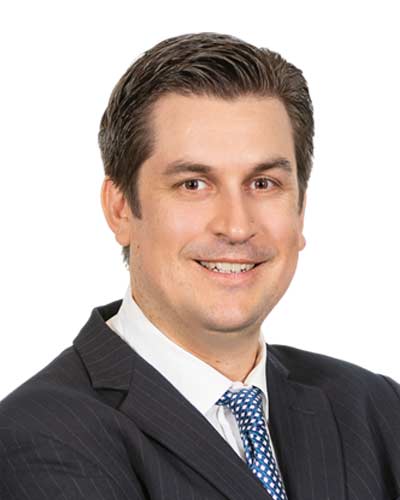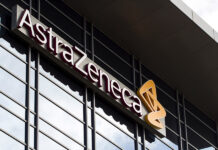Hong Kong and Singapore stock markets have started the year by commencing their first special purpose acquisition companies (SPACs), Singapore with three listings, while Hong Kong had seven listing applications as of February.
Also known as blank-cheque companies, SPACs are shell companies with no operations or assets, with the goal of raising money through an IPO and acquiring or merging with an existing company.
The Singapore Exchange (SGX) became the first Asian bourse to introduce a SPAC mechanism last September. In the first month of 2022, three SPACs listed successfully. Vertex Technology Acquisition Corporation was the first to complete its IPO on 20 January, followed the next day by Pegasus Asia, and then Novo Tellus Alpha Acquisition on 27 January.
Freshfields
SGX’s regional rival, Hong Kong Exchanges and Clearing (HKEX), unveiled its SPAC mechanism in December, which then took effect in January. The first listing application was received on 17 January from Aquila Acquisition, followed by more applications from Ace Eight Acquisition, Interra Acquisition, Tiger Jade Acquisition, Trinity Acquisition Holdings, Vision Deal Acquisition, and Vivere Lifesciences Acquisition.
Except for Ace Eight, Freshfields Bruckhaus Deringer advised six out of the first seven above-mentioned SPACs. Freshfields’ team advising the sponsors in the SPAC listings in Hong Kong was led by partners Arun Balasubramanian and Grace Huang.
Balasubramanian said that both Singapore and Hong Kong bourses offered global standards of regulation, execution and disclosure, which should provide assurance to SPAC investors, promoters and targets.
“The Hong Kong SPAC regime provides a viable option for emerging companies in mainland China for which the US listing route, whether through a traditional listing or a de-SPAC transaction, is currently challenging,” he told China Business Law Journal.
“Given the relative size and liquidity of the markets, it is perhaps natural to expect that there will be greater deal flow in Hong Kong.”
Maples Group
Balasubramanian added that the Singapore SPAC regime should provide a natural listing alternative for emerging companies in Southeast and South Asia, which until now have been targeting listings in the US through US-listed SPACs.
Bosco Yiu, a partner at Goodwin in Hong Kong who co-led the team advising Trinity Acquisition Holdings as Hong Kong and US counsel, said that Hong Kong has been the hub for investment professionals and capital market activities, both being essential elements for the success of SPAC listings.
“SPAC listings in Hong Kong will also attract investors from other parts of China,” said Yiu. “With de-SPAC being the ultimate success, SPACs listed in Hong Kong also have the advantage of accessing an array of de-SPAC targets in different industry sectors in China that would qualify for the de-SPAC requirements in Hong Kong, with much growth potential for returns to the investors.”
However, Matt Roberts, a partner at Maples Group in Singapore, who led the team as Cayman Islands counsel to Vertex Technology Acquisition, said that Hong Kong SPACs may only be offered to sophisticated or professional investors, and there were a number of specific requirements laid out by the HKEX and the Hong Kong Securities Futures Commission to ensure that SPACs strike the right balance between investor protection and successfully facilitating de-SPAC transactions.
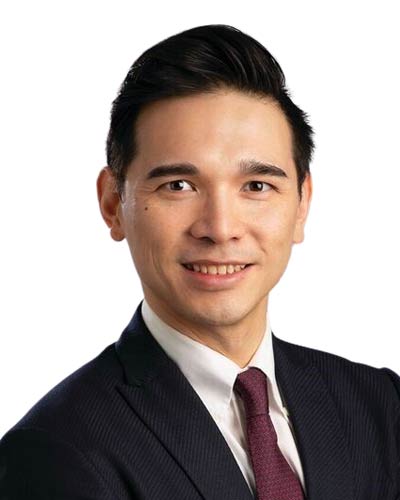
Goodwin
“The great attraction for Hong Kong SPACs is that they can be effectively utilised by Hong Kong and mainland China-based SPAC promoters to pursue M&A acquisitions, in China and outside China, and that could lead to some very exciting M&A opportunities for investors,” said Roberts. He added that Singapore’s SPAC regime was developed based on the US, and was easier for SPAC promoters who had experience in the US market to launch on SGX. “SGX SPACs are also not limited to sophisticated or professional investors, which provides a potentially greater pool of investor capital or liquidity.”
Roberts also noted that the initial SPACs would set an example for other SPAC offerings, and as far as practicable, any issues that may have become problematic for subsequent SPAC IPOs and de-SPAC transactions need to be addressed.
“As Cayman Islands counsel, the biggest challenge for our team was ensuring that the manner in which the initial SPAC IPO was structured from a Cayman perspective would meet the Singapore law requirements and expectations of the SGX, while at the same time accommodating the commercial requirements and expectations of our client, the promoters and the other advisors involved,” he said.
Working on a completely new regime to the Hong Kong market posed a real challenge for Goodwin’s partner Douglas Freeman, who co-led the team advising Trinity Acquisition Holdings.
“While investors are familiar with US SPACs, the Hong Kong regime has imposed a notable number of new regulatory requirements that are not in the US regime,” said Freeman. “Our team had to transpose such Hong Kong SPAC features into the SPAC structure already accepted by the market, while complying with general Hong Kong listing protocols.”
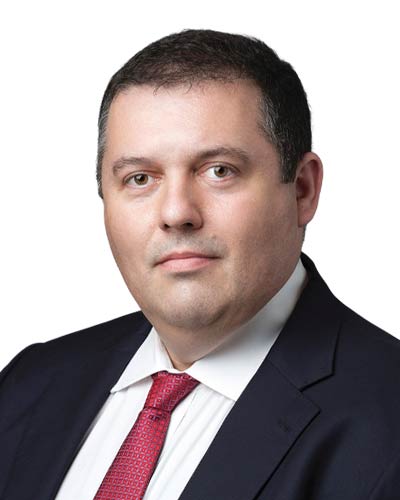
Goodwin
Balasubramanian added: “Several of the features in the new Hong Kong listing rules for SPACs are unprecedented in the international SPAC market. Within a very short timeline, we had to come up with a commercial, documentation and execution structure for the new SPAC regime.”
Following the initial wave of SPACs in Hong Kong and Singapore, lawyers noted that promoters and investors were watching how these SPACs performed. So far, the reception had been positive.
“We have received a number of enquiries and instructions from interested parties who are looking to list their SPACs on SGX,” said Roberts. “We are also seeing a number of well-known asset management, private equity and venture capital firms promoting SPACs in Hong Kong.”
Yiu expected a stream of proposed SPAC listings to be initiated by Asia-based private equity fund professionals, family offices, companies and other experienced investors in the market. “Rather than being passive investors behind companies in a traditional listing, their investment insights and active roles in SPAC listings will provide further investment options to the market and stimulate public M&A activities in the de-SPAC stage,” he said.






